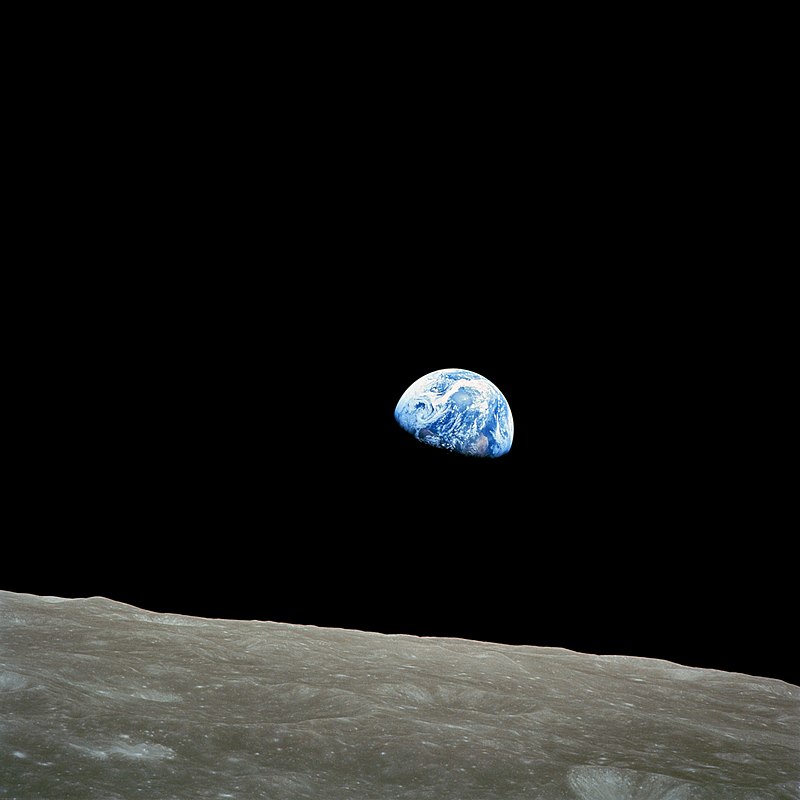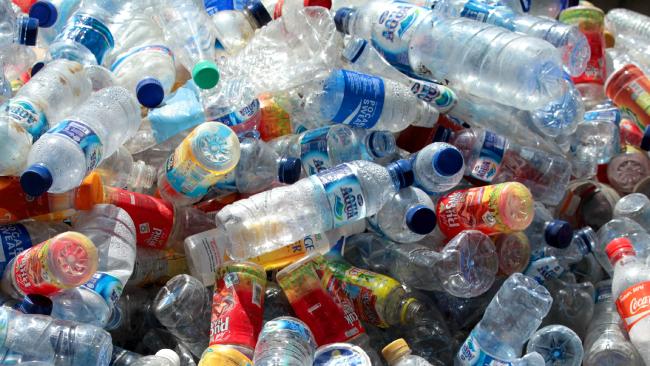The recent Budget included a staggering £27bn for road projects across the country. This is disappointing given the climate crisis we are facing. The Budget even states that road transport is responsible for 91% of domestic transport emissions. Cars in particular are the UK’s main transport polluter and the overwhelming majority of Brits use them every day.
Our dependency on cars stems from a love affair which has lasted the best part of a century. Cars are often objects of status, and owning the right one can be a mark of your success. This is understandable, but there has to be a balance as the environment cannot sustain us driving everywhere going forward.
Indeed, the problem of car dependency seems to be getting worse. A recent report by the Independent Transport Commission (ITC) looked into bus travel across England. One interesting finding was that bus usage had declined amongst pensioners by 9 per cent and their dependency on cars increased by 4 per cent between 2009-2017, despite them having free bus passes. The explanation the report offered was that pensioners have more money to run cars, and there are:
“a slow trend towards living in the smallest settlement sizes, and away from larger metropolitan/urban areas, this is notable because local bus services are typically strongest in the largest urban areas and progressively less convenient in smaller cities and rural areas.”
These findings show one of the key demographics for public transport is holding onto their cars. So what actions can we take to reduce our motor addiction? Here are four ways this can be done:
1) Pay People to Scrap Their Cars
The Mayor of the West Midlands, Andy Street has come up with a plan to incentivise car reduction through a car scrappage scheme in Coventry. The plan is to offer up to £3,000 worth of credits to people to give up their cars completely instead of upgrading to a newer, cleaner car. These credits could then be spent on public transport, taxis or car clubs. £1m has been set aside for the trial which is due to happen in 2021 and is the first of its kind in the UK. It will be interesting to see if this is successful and whether the idea is taken up by other authorities.
2) Invest More in Public Transport
If car reduction schemes are going to work and our reliance on cars is going to fall, there have to be viable alternatives, the biggest of which is likely to be public transport. While the Government has been talking the talk by promising £5bn investment in buses and cycling, the £1bn Transforming Cities Fund plus £4.2bn for the Metro Mayors to invest in public transport, it now needs to walk the walk. We have seen a decade of cuts to local bus services and trains can be expensive and infrequent in lots of areas.
Reversing bus cuts, keeping concessions and devolving these services to councils and combined authorities will be a big help. Buses are vital for the majority of people, especially the elderly and those less well-off.
Rail schemes also have a role to play in reducing car use, especially if it’s a way of encouraging modal shifts amongst commuters. Schemes like the expansion programme of the Midland Metro and reopening the stations on the Camp Hill Line, to give two examples from the West Midlands, are good ways of encouraging this change.
By increasing capacity and creating new links, we help people leave their cars at home. Indeed, in 2018 the ITC produced another report, which said the large increase in rail passengers since the 1990s had come about because more jobs were now in cities, thus enabling more people to commute by rail.
3) Make People Pay to Use Their Cars
Congestion charging has also reduced car use in numerous cities, notably in London. The city is now planning to expand its Ultra Low Emissions Zone, which charges the most polluting vehicles from entering central London in addition to the existing congestion charge. The plan is to change those boundaries to encompass a much larger area up to the North and South Circular roads.
More widely, several cities in the UK are set to introduce Clean Air Zones in 2020. These would work similarly to London’s schemes but they vary from city to city. For example, Birmingham is proposing to charge £8 for any car to travel into the city centre that doesn’t meet the emission standards. However, Leeds is going to charge £12.50 to taxis and private hire vehicles only. However, both cities are going to charge £50 for HGVs and buses.
These schemes will help to reduce emissions by removing the dirtiest vehicles from the streets but they can also act as a disincentive for drivers and focus their attention on whether they actually need to drive, encouraging behaviour change by ensuring they only use cars for essential journeys.
4) Encourage Walking and Cycling
Ditching motors entirely is probably the best way to reduce car use, as the health benefits really increase if you walk and cycle.
London has tripled the amount of segregated cycle lane provision since 2016 and in 2018 the amount of cycling in London increased by 5%, showing that if you build it, they will come. Many other cycleways are being built in the capital to encourage it further such as Cycleway 4 from Tower Bridge to Greenwich. However the vast majority of riders are white, middle-class men, so more needs to be done to increase the diversity of cyclists.
Walking can be encouraged by reducing speed limits to 20mph, increasing pedestrianisation and restricting car use, for example around schools.
This brings some health and environmental benefits, helping to clean up our dirty air, making the population more active and therefore healthier even if it is a short walk to the shops and back. Re-purposing our city streets away from cars, with more pedestrianisation and greenery will make our towns and cities more pleasant places for shopping and leisure. This would also lead to a reduction in noise pollution. And if there were fewer cars, there would be less need to spend that £27bn on new roads!
I will admit that cars are still essential for lots of people, those with limited mobility in particular, and they have largely transformed our society for the better. A reduction in car use won’t happen overnight, but we have to recognise the environmental and health impacts of car dependency. Taking the bus, train or even your own legs to get to your destination in future is better not just for you, but for the planet.
JP

